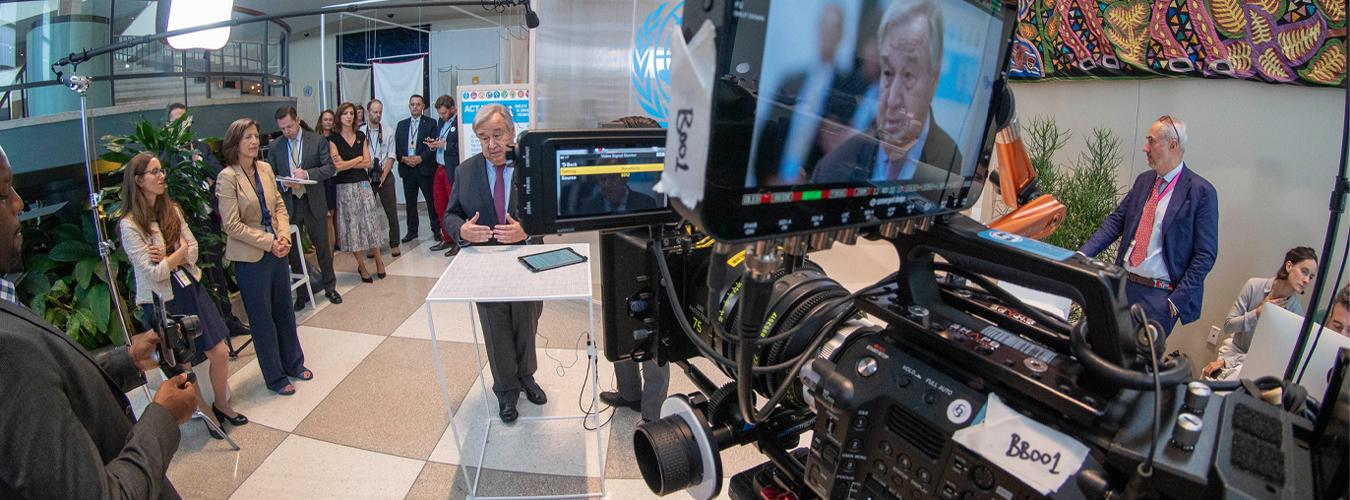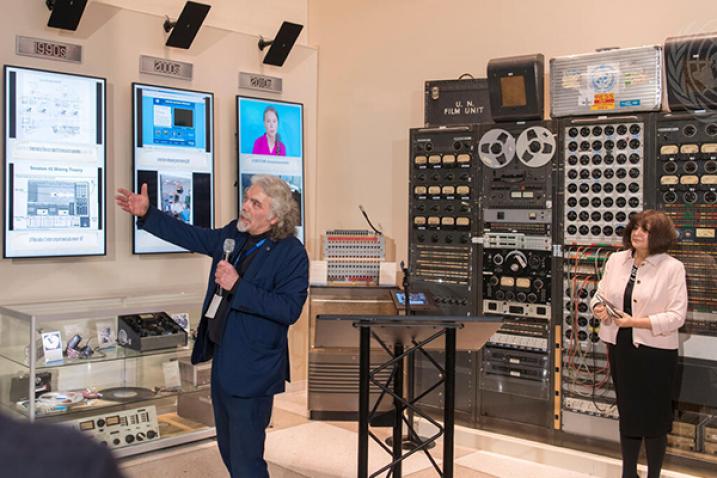Television continues to be the single largest source of video consumption. Though screen sizes have changed, and people create, post, stream and consume content on different platforms, the number of households with television sets around the world continues to rise. The interaction between emerging and traditional forms of broadcast creates a great opportunity to raise awareness about the important issues facing our communities and our planet.
In the 21st century, what is the purpose of a TV? It's not just a one-way channel for broadcast and cable content anymore. Modern televisions offer a wide range of multimedia and interactive content, such as streaming videos, music, and internet browsing.
Despite the shift in audiovisual content consumption to different platforms and the constantly evolving technology, TV still remains an important communication tool. As the United Nations Educational, Scientific and Cultural Organization reminds us, World Television Day is a celebration of how television has become a symbol of connection and globalization in the 21st century.
UN Multimedia Products and Services
The United Nations provides a suite of multimedia products and services covering the work of the United Nations both at Headquarters and around the world, to reach audiences and support the work of the international news media.
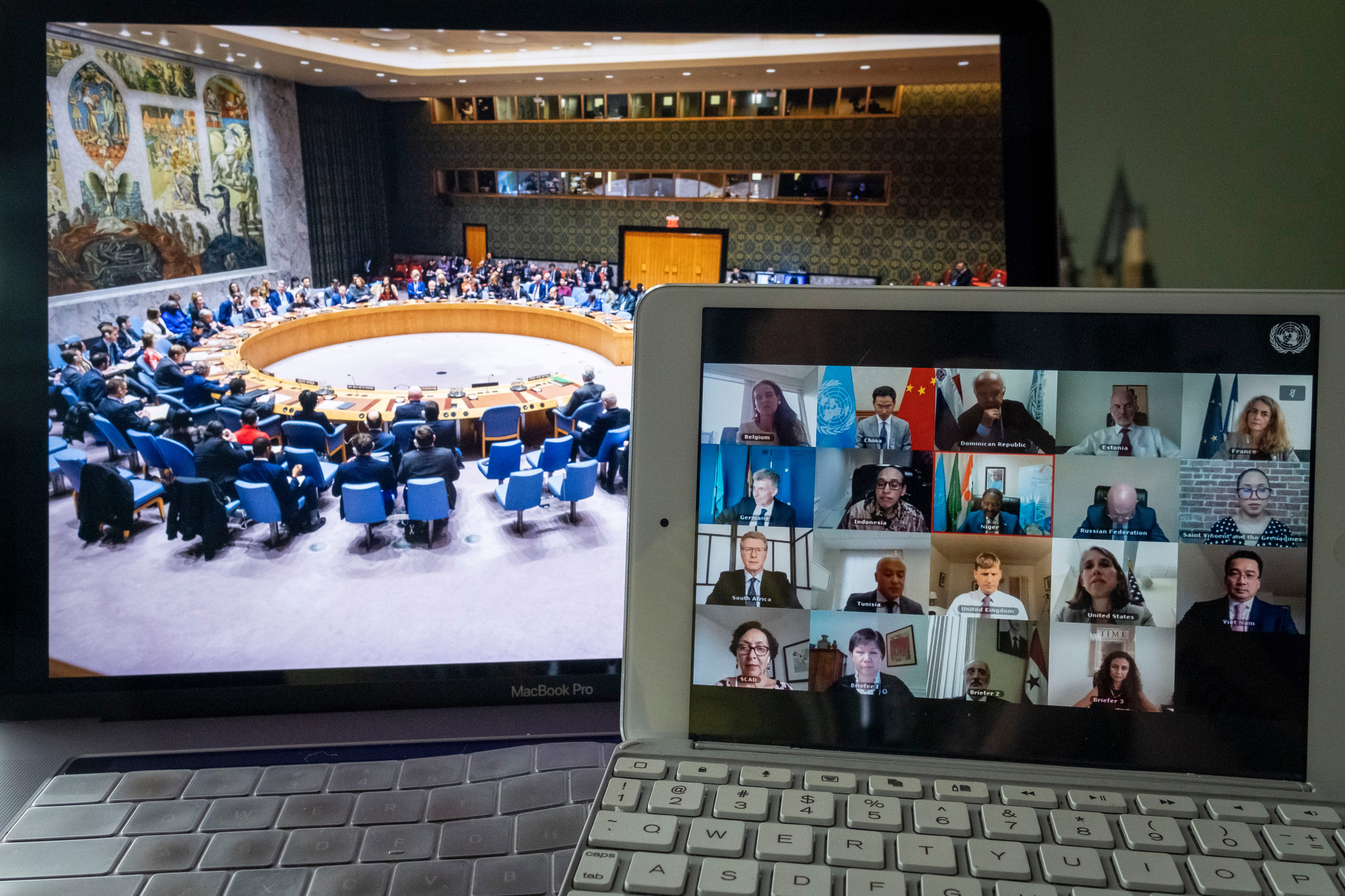
Live streaming and broadcasts
UN WebTV is the Organization’s official streaming video platform for live and on-demand coverage of United Nations meetings and events. UNTV provides live feeds and HD broadcast-quality files on demand.
UN Video
UN Videos are produced for news and social media platforms, as well as for broadcast partners in the six official languages of the UN (French, Spanish, English, Chinese, Arabic, Russian), as well as Hindi, Kiswahili, and Portuguese.
UN Video producers report from locations around the world to bring you the latest content on the work of the United Nations and its agencies. From peacekeeping missions and humanitarian crises to international events and summits, UN Video tells stories that inform and inspire audiences across the globe.
Explore the series UN in Action and Global Lens.
UNifeed — Breaking News Footage
Footage of breaking news and events in field missions and UN agencies are shared with partners in raw news packages by UNifeed, which enables news providers to cover important global issues by offering timely broadcast-quality video from throughout the UN system. Stories come from the global network of UN specialized agencies, funds and programmes, peacekeeping operations and UN Headquarters. New stories are posted on the UNifeed website as soon as they become available.
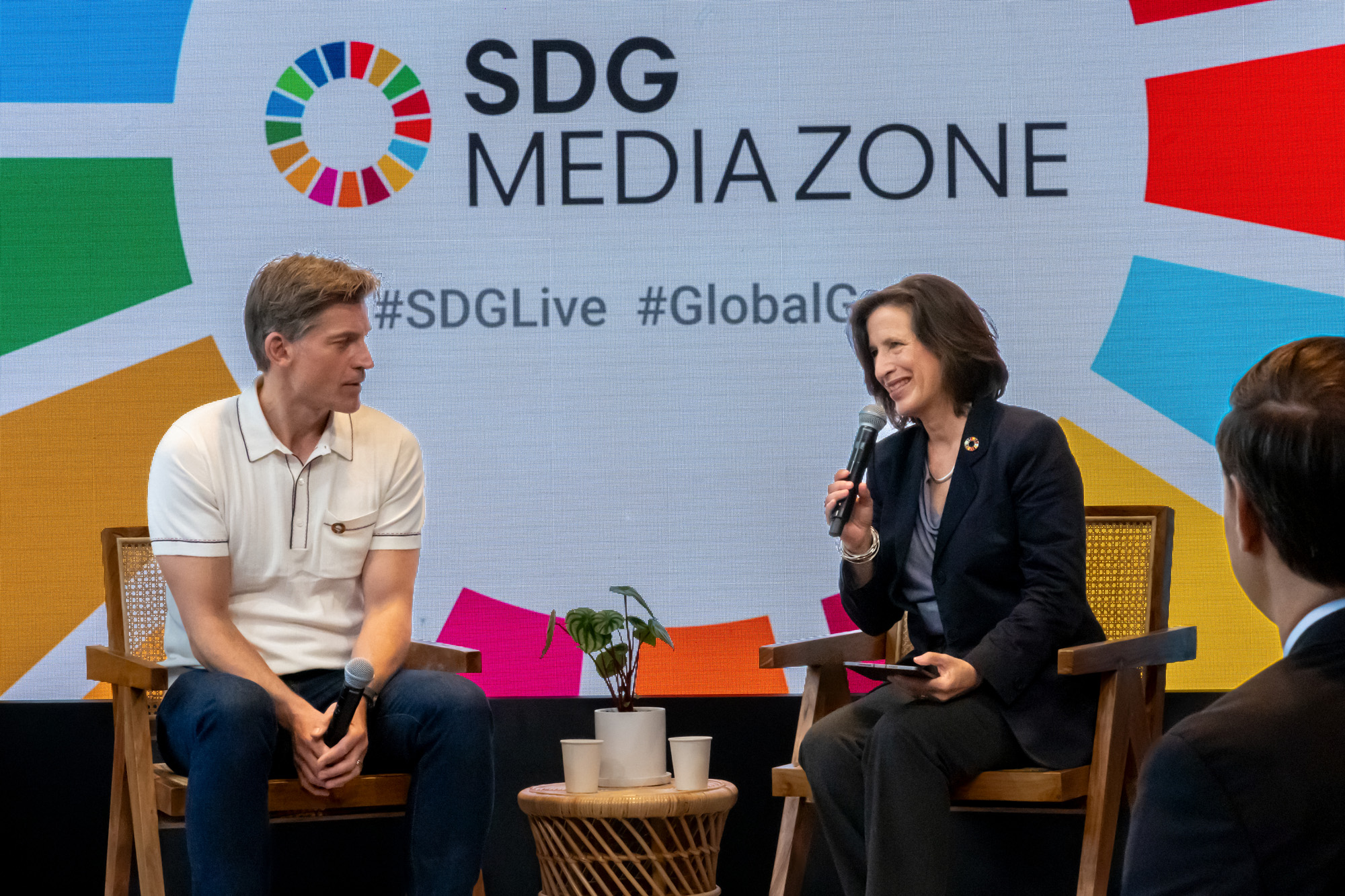
Social Media
Follow the UN's social media channels.
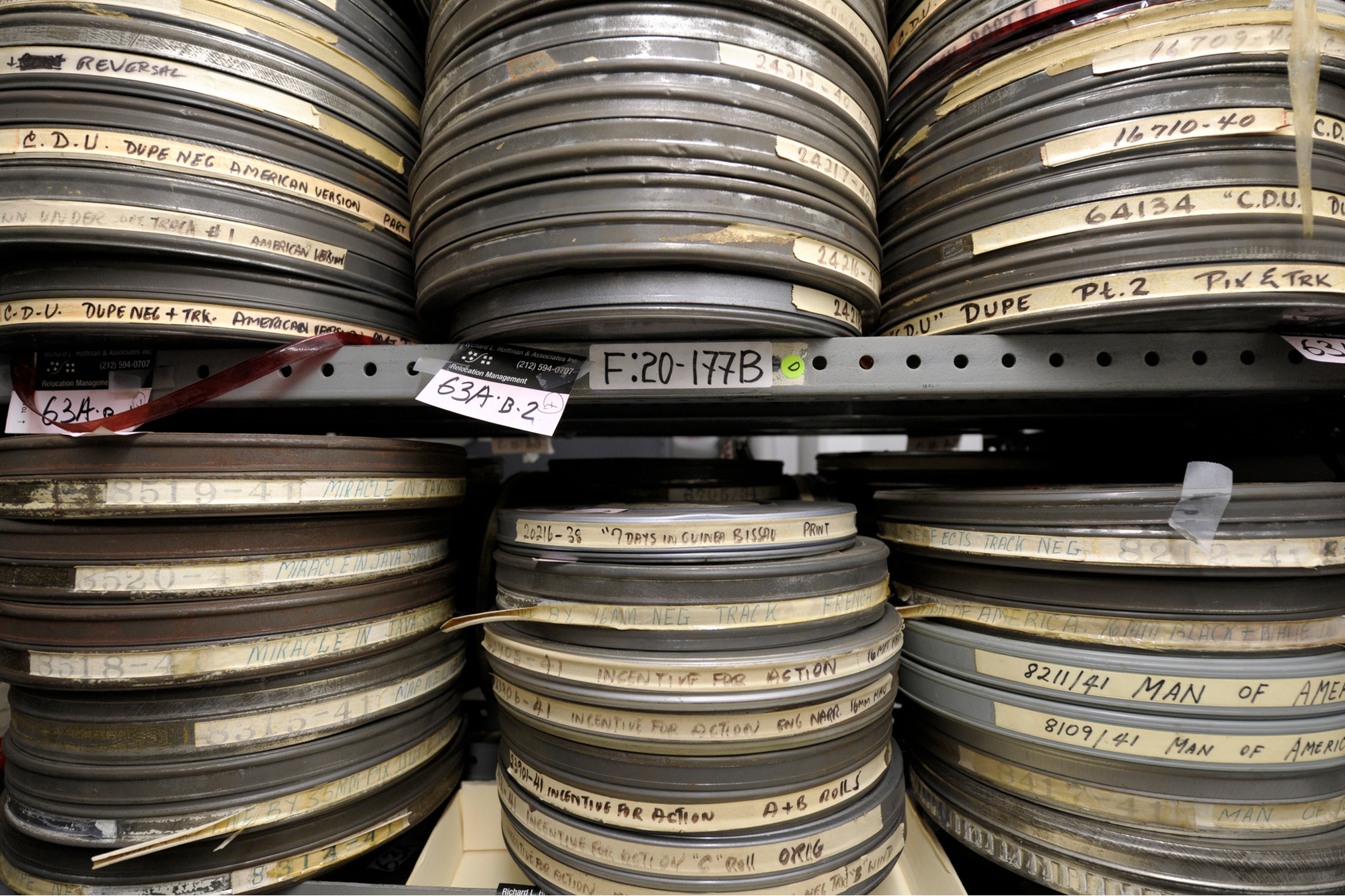
UN AV Library
The UN Audio-Visual Library has a treasure trove of archival video and audio, marking iconic and historic moments from the last 70 years.
Background
In recognition of the increasing impact television has on decision-making by bringing world attention to conflicts and threats to peace and security and its potential role in sharpening the focus on other major issues, including economic and social issues, the United Nations General Assembly proclaimed 21 November as World Television Day (through resolution 51/205 of 17 December 1996).
World Television Day is not so much a celebration of the tool, but rather the philosophy which it represents. Television represents a symbol for communication and globalization in the contemporary world.
On 21 and 22 November 1996 the United Nations held the first World Television Forum, where leading media figures met under the auspices of the United Nations to discuss the growing significance of television in today's changing world and to consider how they might enhance their mutual cooperation. That is why the General Assembly decided to proclaim 21 November as World Television Day.
This was done in recognition of the increasing impact television has on the process of decision-making. Television was thus acknowledged as a major tool in informing, channelling and affecting public opinion. Its impact and presence and its influence on world politics could not be denied.

